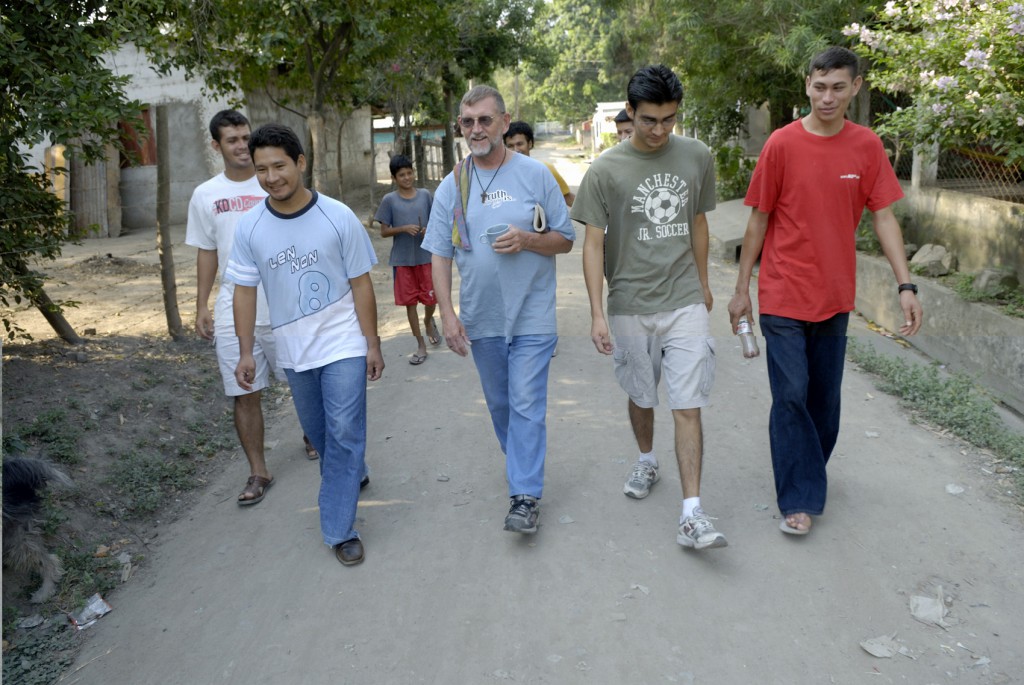
By David Agren
A Honduran bishop has been brokering talks between rival gangs in an attempt to calm a country with the highest homicide rate in the world.
Auxiliary Bishop Romulo Emiliani Sanchez of San Pedro Sula, Honduras, told local media that Mara Salvatrucha and 18th Street gangs would start honoring a truce May 28 and enter into dialogue, which he hopes would allow the Central American country to recover from recent years of crime, corruption and political strife.
“There will be many obstacles. We cannot believe that this is going to resolve things now, but any step will be helpful,” Bishop Emiliani said in comments carried by the newspaper La Prensa.
“Each gang has lost thousands of members and (leaders) are conscious of that. I feel that there’s spiritual process as well, that they are searching for a way of dialogue,” the bishop said, adding that the gangs are looking to reconcile with society.
The truce may appear unlikely, although Bishop Emiliani noted, “Everything can be negotiated, except faith and morality.”
The Honduran truce follows a truce reached, with church support, in 2012 between gangs in neighboring El Salvador.
The homicide rate in El Salvador plunged 45 percent, although crimes such as extortion — which the gangs euphemistically call collecting a “war tax” — continue, according to the InSight Crime consultancy. Bishop Emiliani told La Prensa that government assistance was necessary for the extortion to end in Honduras.
The proposed Honduran truce so far is between gangs, while the El Salvador agreement also involved the government and security services. Honduran President Porfirio Lobo Sosa told the Associated Press he backed the gang negotiations.
Father German Calix, national director of Caritas, told Catholic News Service that the church leadership, including Cardinal Oscar Rodriguez Maradiaga of Tegucigalpa, would back a truce.
Bishop Emiliani, Father Calix said, “has been working with gang members in prisons” for a decade. “As an interlocutor, he’s trustworthy to the gangs.”
Crime in Honduras has hit hard with a murder rate of 85.5 per 100,000 people, according to Violence Observatory at the National Autonomous University of Honduras. The gangs extorting businesses are common, and Bishop Emiliani said the practice would have to end “as a sign they’re searching for peace.”
The violence in Honduras has forced some to flee the country, according to the operators of Catholic-run migrant shelters in Mexico — even though the road north is rife with danger.
Most of the Honduran migrants say they are heading to the United States in search of economic opportunities, said Alberto Xicotencatl, director of the migrant shelter in Saltillo, Mexico. But upon deeper questioning, “95 percent” will admit to fleeing violence, he said. – CNS